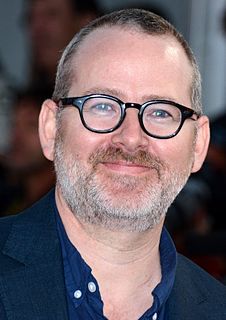A Quote by Maya Moore
Culture in general wants to connect ethical issues with consumerism. And we can see that overflowing into something that is consumed so much, which is sports.
Related Quotes
Consumerism is, quite precisely, the consuming of life by the things consumed. It is living in a manner that is measured by having rather than being... and consumerism is hardly the sin of the rich. The poor, driven by discontent and envy, may be as consumed by what they do not have as the rich are consumed by what they do have. The question is not, certainly not most importantly, a question about economics. It is first and foremost a cultural and moral problem requiring a cultural and moral remedy.
Many teachers of the Sixties generation said "We will steal your children", and they did. A significant part of America has converted to the ideas of the 1960s - hedonism, self-indulgence and consumerism. For half of all Americans today, the Woodstock culture of the Sixties is the culture they grew up with - their traditional culture. For them, Judeo-Christian culture is outside the mainstream now. The counter-culture has become the dominant culture, and the former culture a dissident culture - something that is far out, and 'extreme'.
I believe, indeed, that overemphasis on the purely intellectual attitude, often directed solely to the practical and factual, in our education, has led directly to the impairment of ethical values. I am not thinking so much of the dangers with which technical progress has directly confronted mankind, as of the stifling of mutual human considerations by a 'matter-of-fact' habit of thought which has come to lie like a killing frost upon human relations. Without 'ethical culture' there is no salvation for humanity.
I think of sports writers as mediating between two worlds. Athletes probably think of sports writers as not macho enough. And people in high culture probably think of sports writers as jocks or something. They are in an interestingly complex position in which they have to mediate the world of body and the world of words.
Steven Meisel is completely consumed with what interests him. He does what he wants to do, and when something doesn't interest him, he's not afraid to say so. I think that's why you don't see his work all over the place as often as you might like to. Today he only photographs what he wants to photograph, what turns him on. He has an extraordinary eye, and his sophistication is limitless. This is a man who doesn't miss a beat.
I think, at some level, we see young people all over the country mobilizing around different issues, in which they're doing something that I haven't seen for a long time. And that is, they're linking issues together. You can't talk about police violence without talking about the militarization of society in general. You can't talk about the assault on public education unless you talk about the way in which capitalism defunds all public goods. You can't talk about the prison system without talking about widespread racism. You can't do that. They're making those connections.






































